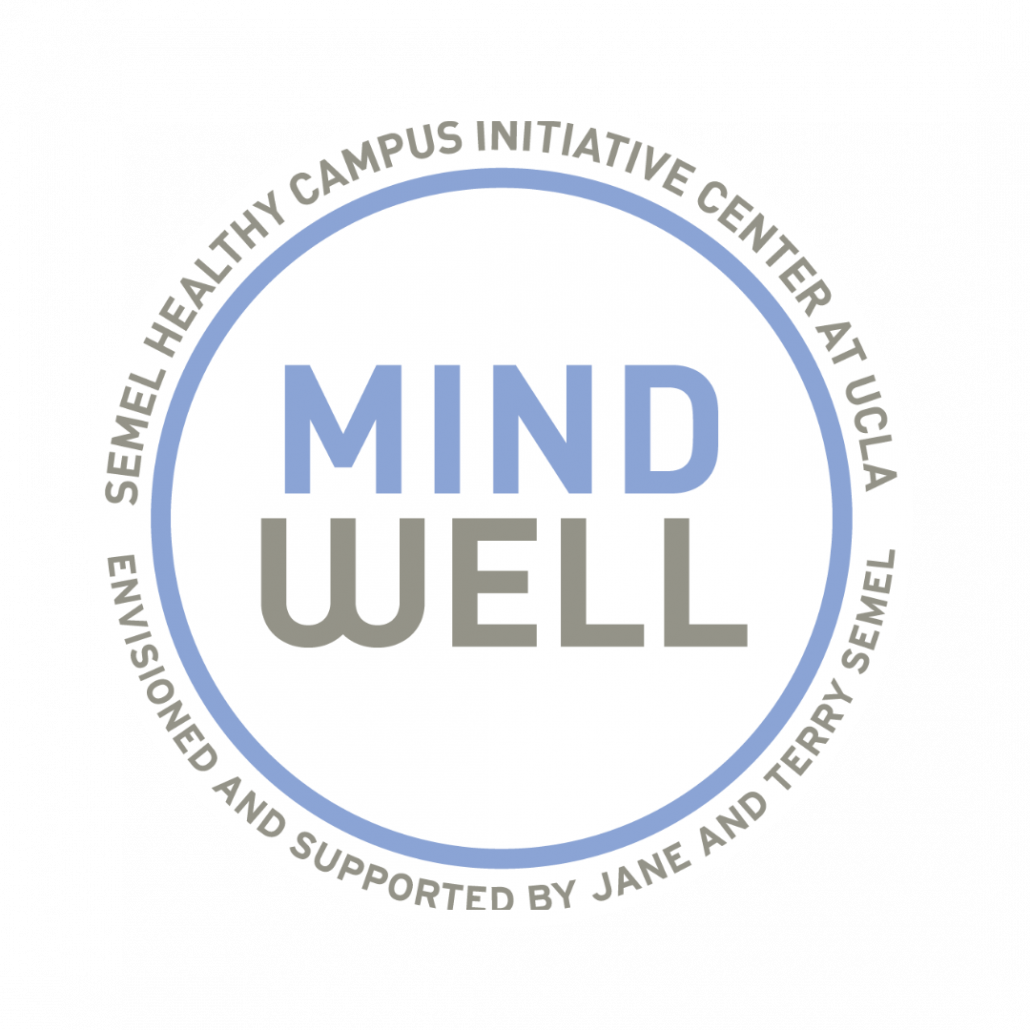Courses
Want to take your interest in brain and mind wellness to the next level? Each quarter, we highlight courses related to the mission of MindWell. Read more about courses we support. And see the table below for an extended list of courses related to mental health.
Personal Brain Management (Neuroscience 161/Psychiatry 182)
Have we entered the next stage of human evolution now that we know enough about the brain to change its function? What does the future hold for those who want to enhance cognitive functions or prevent the onset of brain disorders? What can you do today to change habits, leveraging knowledge of neuroplasticity? This course engages students in learning about the current state of neuroscience knowledge regarding: cognitive training, habit formation and change, “happiness” and positive psychology interventions, self-monitoring and the quantitative self, time management, executive function management, mindfulness, and creativity. The course includes practical application of knowledge acquired via class and readings.
Instructor: Robert Bilder
Summer Session A | Tuesdays & Thursdays, 10am-12:30pm
Mindfulness Practice & Theory (Psychiatry 175)
Join in this 6-week class to study the practice and theory of mindfulness, including sitting and moving meditation, ways to deepen positive emotions like gratitude or joy, relational mindfulness, and methods for integrating awareness and creativity into ordinary activities. We will examine the science of mindfulness for mental and physical health, including reduced stress, improved attention, and greater mind-body awareness.
Instrutor: Marvin Belzer
Summer Session A | Mondays & Wednesdays, 7pm-9:30pm
